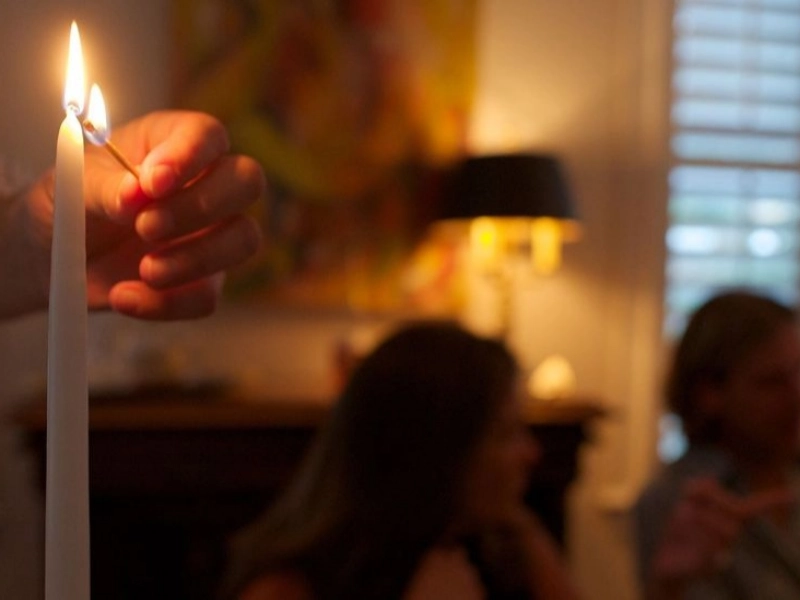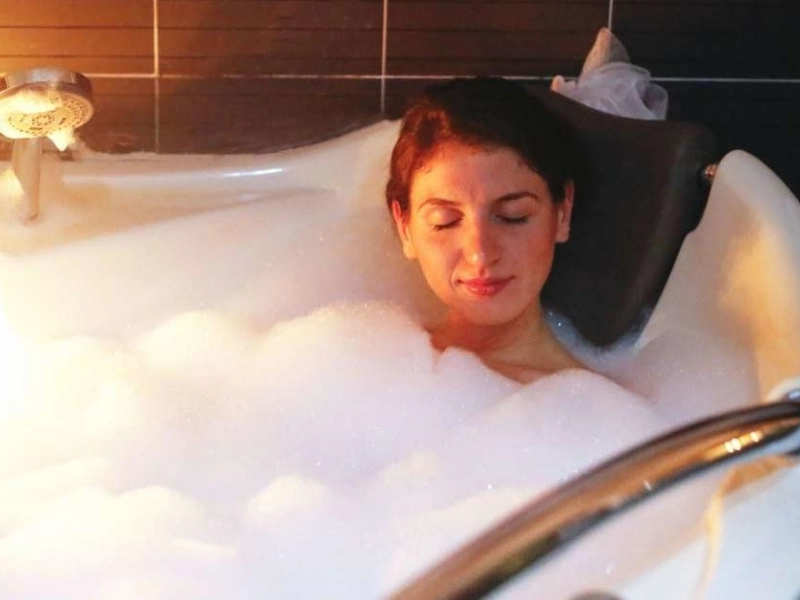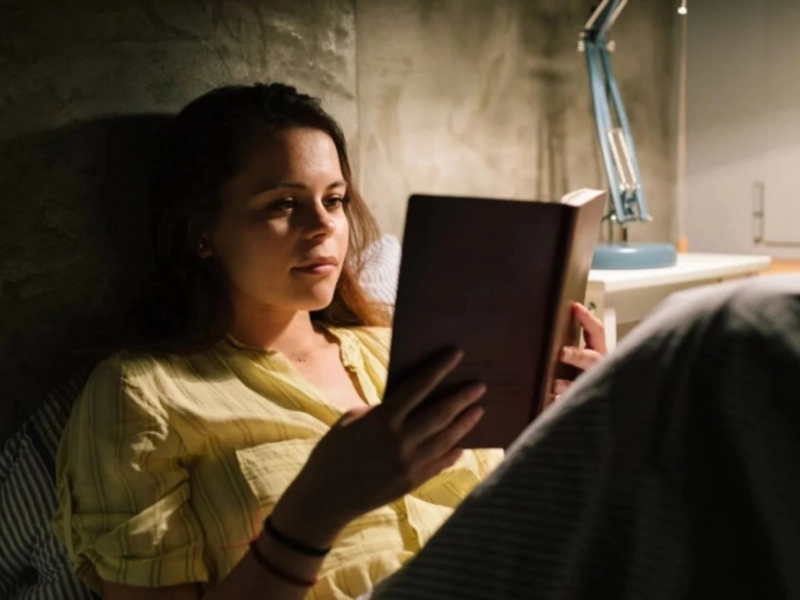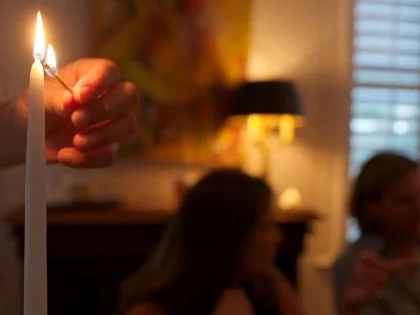How To Create Relaxed Bedtime Habits
While it's tempting for adults to assume that children only go to bed at certain times, everyone benefits from these routines. Establishing a nighttime routine can help you sleep better and fall asleep more easily. It is recommended to complete your nighttime ritual an hour before bedtime. As a result, the body will have more time to rest and relax.
Put on some music.

Light a candle.
 A warm glow and calming sound produced by candles can help relax the brain and prepare for sleep. To set the mood, select scented candles with calming scents such as ylang-ylang, chamomile, or lavender. These calming aromas have been shown to reduce tension and anxiety levels, ultimately resulting in a better night's sleep. The gentle flickering of the flame helps balance your body's internal clock by simulating sunlight cycles. . Additionally, as the night progresses, it promotes the synthesis of melatonin, facilitating a faster transition to sleep. Make sure the chandelier you use is made of non-flammable materials and keep it away from anything that could catch fire. For everyone's sake, make sure the flame is out before going to bed.
A warm glow and calming sound produced by candles can help relax the brain and prepare for sleep. To set the mood, select scented candles with calming scents such as ylang-ylang, chamomile, or lavender. These calming aromas have been shown to reduce tension and anxiety levels, ultimately resulting in a better night's sleep. The gentle flickering of the flame helps balance your body's internal clock by simulating sunlight cycles. . Additionally, as the night progresses, it promotes the synthesis of melatonin, facilitating a faster transition to sleep. Make sure the chandelier you use is made of non-flammable materials and keep it away from anything that could catch fire. For everyone's sake, make sure the flame is out before going to bed.
Take a warm bath.
 Nothing relaxes and prepares you for bed more than a nice bath or shower. This calming practice has been shown to reduce stress and improve sleep. Ideally, adults should take a warm bath one to two hours before bed. A few drops of essential oils, such as lavender and cedarwood, can help enhance the calming effects of bathing.Turn off the television and other devices when bathing, as research indicates that looking at screens right before bed can disrupt your regular sleep cycles.
Nothing relaxes and prepares you for bed more than a nice bath or shower. This calming practice has been shown to reduce stress and improve sleep. Ideally, adults should take a warm bath one to two hours before bed. A few drops of essential oils, such as lavender and cedarwood, can help enhance the calming effects of bathing.Turn off the television and other devices when bathing, as research indicates that looking at screens right before bed can disrupt your regular sleep cycles.
examine a book
 Before bed, reading a book can help you decompress and take a break from demanding daily tasks. Try choosing a book to read that won't make you want to run out and get a shot of adrenaline, like an action-packed thriller. Pick up an old favorite or a wellness book instead of anything that might stress you out. Making a detailed, visual chart of your bedtime routine that you can check off when each task is completed is something that many people find helpful. This can ensure that their regimen is followed each night and help them stay on track.
Before bed, reading a book can help you decompress and take a break from demanding daily tasks. Try choosing a book to read that won't make you want to run out and get a shot of adrenaline, like an action-packed thriller. Pick up an old favorite or a wellness book instead of anything that might stress you out. Making a detailed, visual chart of your bedtime routine that you can check off when each task is completed is something that many people find helpful. This can ensure that their regimen is followed each night and help them stay on track.
Pray
 Since meditation has been shown to reduce stress, improve mood, and improve sleep, it is a great choice for a relaxing nighttime ritual. While most people consider it low risk, people with heart problems or epilepsy should talk to a doctor before starting a new mindfulness or meditation practice. There are many varieties of meditation, so choose one that suits you. it turns out pleasant. Consider practicing body scan meditation, which involves gradually focusing on each area of the body, starting with the face and neck to the arms, shoulders, back, stomach, hips, and feet. Another option is to practice mantra meditation, which involves repeating a relaxing word or phrase to help you focus.
Since meditation has been shown to reduce stress, improve mood, and improve sleep, it is a great choice for a relaxing nighttime ritual. While most people consider it low risk, people with heart problems or epilepsy should talk to a doctor before starting a new mindfulness or meditation practice. There are many varieties of meditation, so choose one that suits you. it turns out pleasant. Consider practicing body scan meditation, which involves gradually focusing on each area of the body, starting with the face and neck to the arms, shoulders, back, stomach, hips, and feet. Another option is to practice mantra meditation, which involves repeating a relaxing word or phrase to help you focus.












